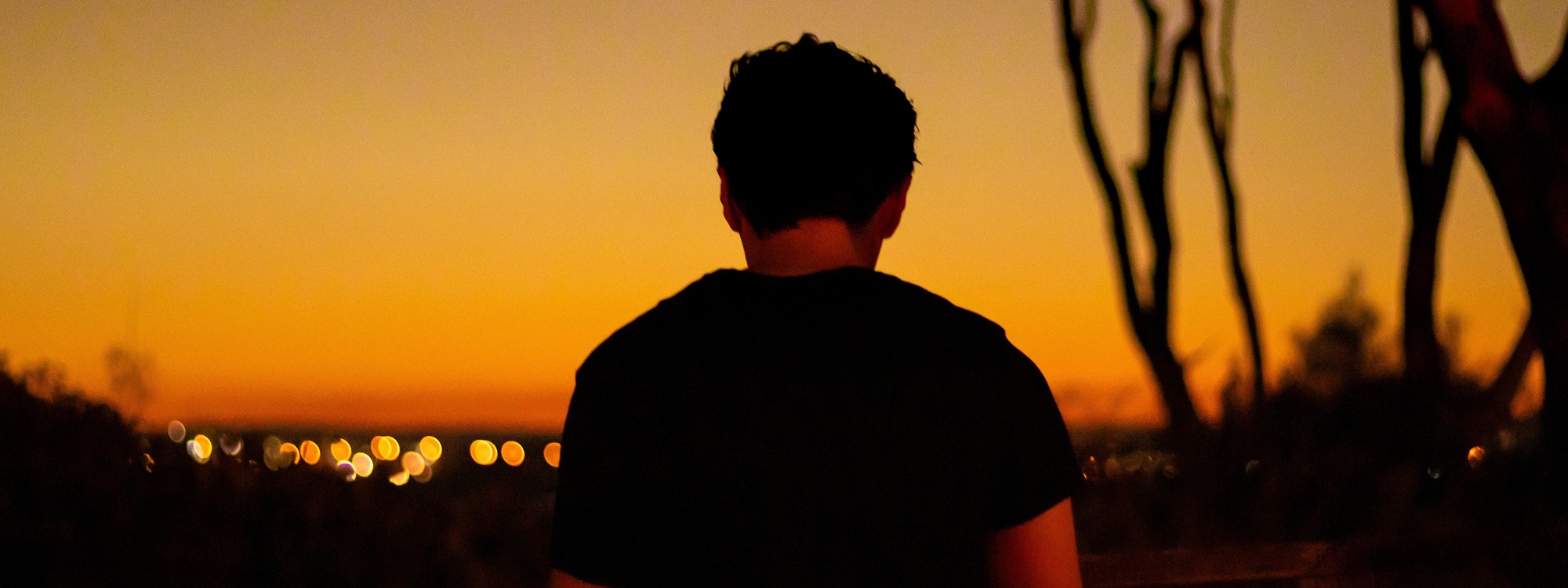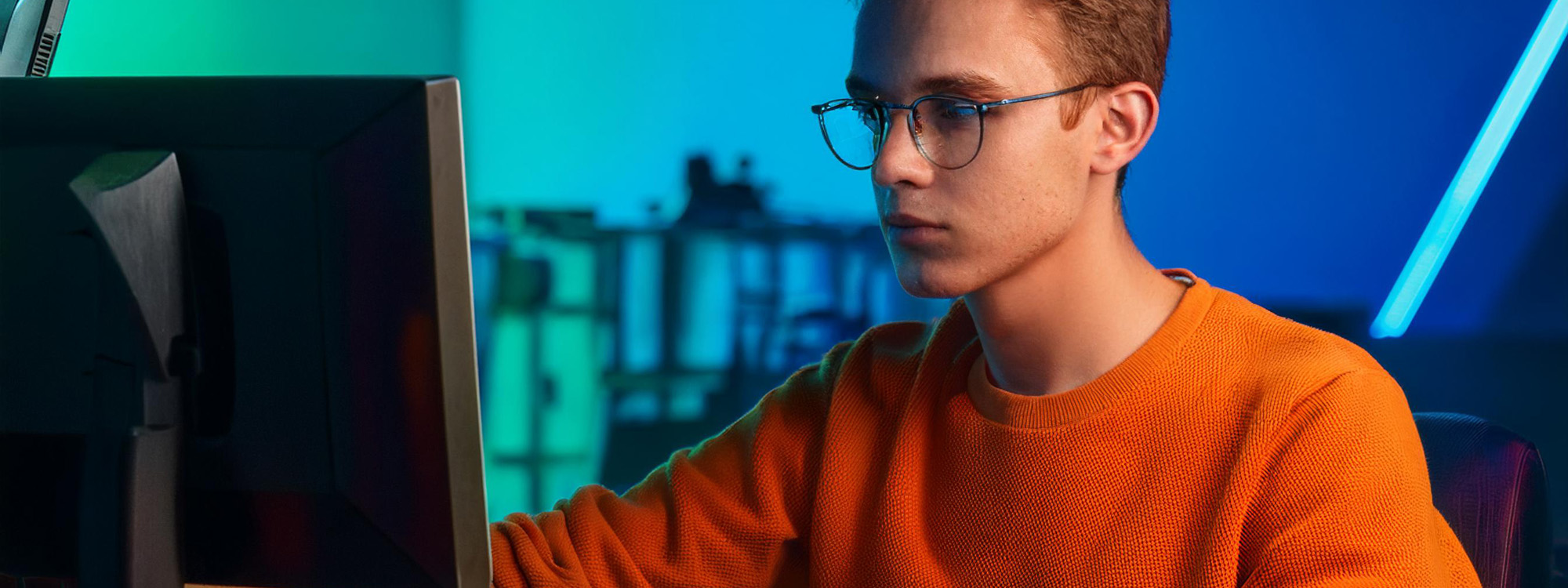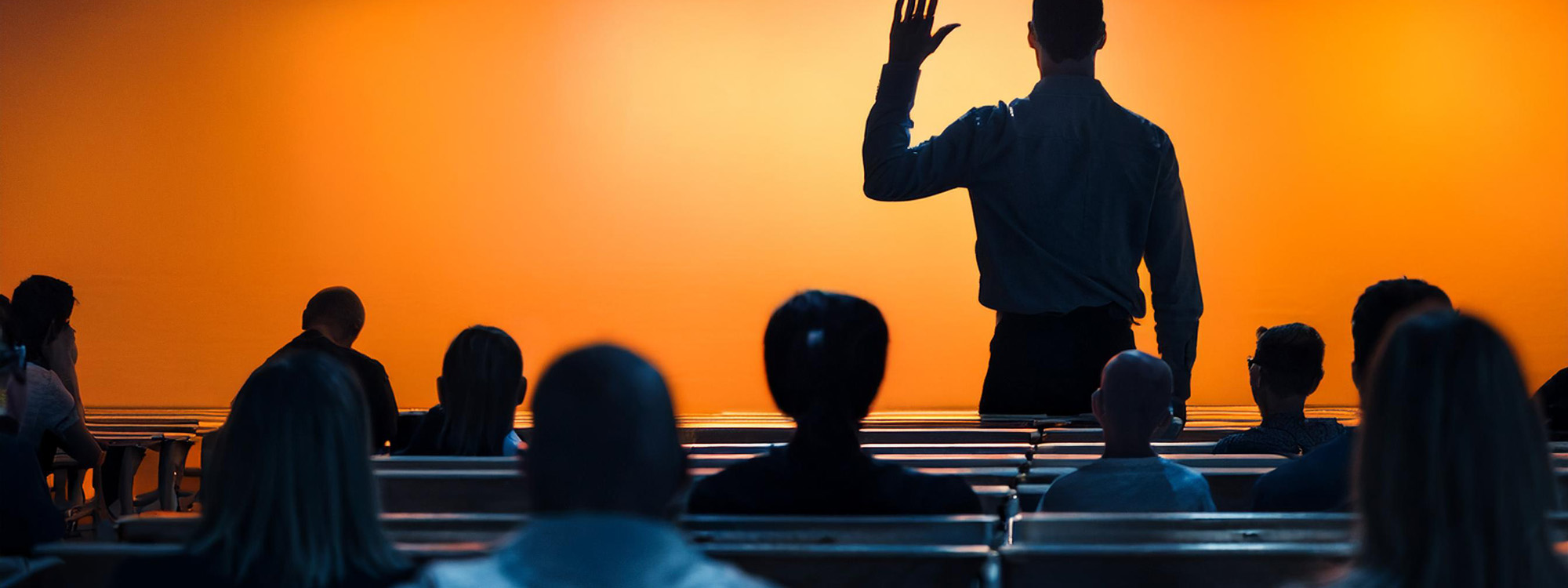| |
1 of 6: Even if you disapprove of CP, meeting other pedophiles means encountering CP users, How to deal?This item is part of a special series of posts. A six-part series on child pornography and artificial child pornography, aka drawings, stories, etc. This series covers:
1. The morality of child pornography (this post).
2. The morality of artificial child pornography.
3. To the best of our data, what effect do both of those have on offending?
4. A story from someone recently arrested for possession of child pornography: how he got into it, how it affected his life, what happened next.
5. Two former users of child pornography talk about how they stopped viewing it, and their feelings now that they're off of it.
6. My own experiences with artificial child pornography and the role it's played in my life.
This article is the first in the series.. I have friends who've used child pornography.
Not a lot of friends, but a few. The truth is, I probably know some people who use it now, although they don't talk about it, because they know I don't use it myself.
Child pornography is part of the landscape of pedophilia. You might never see it yourself, you might carefully visit only those chat sites that forbid talking about it... and yet it still lurks there. If you meet other pedophiles, you probably meet some people who use it, and you certainly know people who wrestle with the urge. If I am honest with myself, I wrestle at least a little bit with the urge. I wish I could say that the media exaggerates its prevalence, but it doesn't.
Yet despite how much we talk about it, child pornography is misunderstood. It is an evil in the world, but so few people understand how viewers justify it to themselves, how people get into viewing it, or what typical viewers are like. Even worse, for those who share my desires, who are attracted to children, no one tells them why or how to avoid it
This is the start of a series about child pornography. I want to consider its morality, its effects, and more. This might be a hard post to read, especially because I might challenge how you usually view these questions. I hope you'll stick with me. It's personal to me because of friends who've been caught up in it. It's hard to talk about. It's a dark topic, which is a weird thing to say in a blog about pedophilia. But it's also important.
* * *
If you've read my other writing, then you know that I don't struggle to resist my sexual urges. Even though I'm attracted to children, I'd never want to have sex with them. It would feel good, but it would be empty, and it would go against everything that I am.
The same is not true about child pornography. My darkest secret is that sometimes I want to view it. I know how arousing it would be. It captures an experience I can never have, and if I am honest (and it is so hard to be honest), I am jealous of people who view it.
I'm generally not upset about who I am: I'm happy with my life, and while I wish I wasn't a pedophile, I don't think I'm evil just to have these desires. But I am genuinely embarrassed and even upset that I would want to view child pornography. I'm embarrassed and upset to be jealous of those who do. It feels like a moral failing. It probably is one, in some way.
I'll never view it. I don't want to be that person; I think it would forever taint me. But sometimes I wish I'd just give in.
* * *
I told you at the beginning of this entry that I wanted to explain how people justify viewing child pornography, to pull back the veil a little bit.
Now, clearly some of why people view child pornography is just urges and desire. Sexual urges drive a lot of what we do as humans, which is, of course, a big part of why pedophiles are distrusted. However, some viewers develop a moral justification as well.
The most common argument they make is that when someone views child pornography in secret, no one is harmed. Since the victims don't know anyone is viewing it, no further harm is inflicted. I realize how insane that sounds to most people, but a big part of why I'm writing this blog is for younger pedophiles who are just forming their moral systems. If you're a kid trying to figure out what to do, and you come across someone in a chat room who says "no one is harmed," you need someone to take this question seriously. And I have to tell you: it is a seductive point of view when you so want to view the materials.
And yes, it might be seductive, but it's not correct. Viewing child pornography is itself wrong. My reason is simple: I should have control over how my body is viewed. If someone used a spycam to take photos of me naked in my house, I have been violated whether I ever find out or not. Just because the victims never know doesn't mean they shouldn't have a right to control images of themselves, especially when those images were taken of such a vulnerable time in their life. Moreover, even if you personally are ok with someone secretly using a spycam on you (really??), you don't have a right to impose your morality on others.
Part of my goal in this blog is to show different sides of issues to different audiences. So for the non-pedophiles who are repulsed that I even considered that point of view, let me try to put it in another context. How many people do you think keep photos of past crushes or partners and use them for sexual pleasure, maybe without telling that past crush? How many "celebrity fake" photos are out there so people can imagine themselves in sexual positions with celebrities (without their consent)? Now, those images aren't of kids, so it's not totally equivalent. But I can see someone saying "there's no harm since they don't know" in the same way viewers of child pornography do with the kids. I can see how someone who is trying to do the right thing concludes that viewing is OK.
That's why it's so important to take the argument seriously, then refute it and clearly state that viewing child pornography is wrong.
(I should note that I've heard another claim: that the kids in the pornographic images and videos like what is happening to them. Maybe some time I will address this directly; for now, I will just say that they don't understand the context of what's happening to them, many grow to hate what happened to them later, and they should still have control over their images.)
Now, viewing is pretty different from producing child pornography. Production involves the direct sexual exploitation of children. By the time someone does that, they've lost my sympathy or my mercy.
* * *
As has probably become clear, even though I make the choice to avoid it, I have a lot of sympathy for those who view child pornography. Even if I don't agree with the decision they made, I understand how they got there, and I know that so often, they had no one to talk to who would help them decide.
On the other hand, there are real concerns about someone who views child pornography. For example, you might worry that it's the leading indicator of a slippery slope: once they start viewing, they'll become desensitized and start needing to act on their desires to still get off. That's an important question, and the evidence is mixed. I'll talk about that in the third post of this series.
There are other concerns too. For example, maybe you think that anyone who's slipped far enough to view child pornography has already demonstrated that they can't control themselves. They're a danger to children, and for the sake of the kids, they should be locked up for a long time.
Or maybe you take a more pragmatic approach. Maybe you think that viewers of child pornography are likely to have abused many children already. (But be careful: despite a recent _New York Times_ [article](https://www.nytimes.com/2019/09/29/us/pedophiles-online-sex-abuse.html) that claimed this, that study has been thoroughly [debunked](http://richardwollert.com/pubs/Wollert_Skelton_Dubin_book_chapter.pdf)). You might also think that viewing child pornography itself encourages its production, for example through download numbers, which leads to more victims.
I hear you. I hear all those reasons. They make sense, and some have real merit. But I don't think they dictate our response.
It's so easy for someone to fall in to the wrong way of thinking on this; to talk to the wrong people and get swept away. You've surely heard of other online communities and ideologies that draw people into false and harmful beliefs and practices; now imagine the same but coupled with sexual desire. Yes, I understand exactly how a teenager can lose sight of themselves and start watching it. I understand the pull for a release that "doesn't hurt anyone."
I know this is controversial, but our legal response to child pornography hurts and isolates people when they are making critical choices about themselves. It prevents them from finding safe guidance, and it pushes them away from seeking help. Do you really want the only people a thirteen-year-old finds to talk about their attraction online to tell them that "no one is harmed" when they view child pornography? Do we really want someone who wants to quit to have no one they can talk to without fear of being reported and arrested? If we could focus on treatment and prevention for viewers of child pornography, I believe it would ultimately lead to fewer children being harmed.
Do I know that for sure? I don't. There isn't good enough data on any of this. But from the people I've talked to, and the people I've advised, I think the law is often counter-productive and harmful.
And keep in mind: viewing child pornography and committing hands-on offenses are just not equivalent. Both produce victims, but viewing child pornography is clearly much less harmful than molesting a child. Is there any doubt that we'd rather someone view many images of child pornography to a single incident of molesting a child? (Of course, what we really want is for them to do neither, and that requires proper support.)
* * *
I've never had as hard a time writing a post as I did this one. It's so hard to get my opinions down on this topic and to feel like they're balanced and approachable. Even now, about to post it, I'm scared of what people might think.
However, I think we have to have honest and direct conversations about difficult topics with respect to pedophilia if we're going to make progress. If you disagree with me, even if you disagree with me violently, I respect that. This is a lot to take in.
Next time: I'll talk about artificial child pornography, aka visual representations of fictional kids, and consider the morality of those. | |




 the first time i didn't view child pornography
the first time i didn't view child pornography seto on cp
seto on cp the tragedy of child sex dolls and artificial cp
the tragedy of child sex dolls and artificial cp